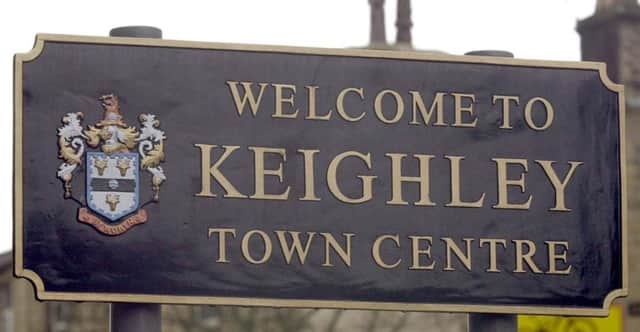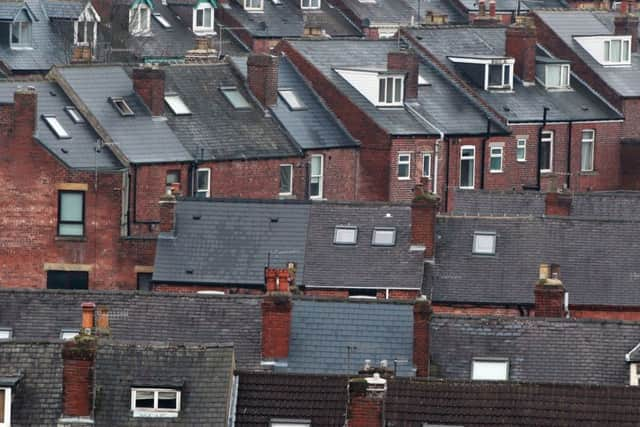Divided they fall: Bradford, Batley, Halifax and Keighley among UK's top 10 '˜least integrated' areas


Bradford, Batley, Halifax and Keighley were all cited as being among the 10 “least integrated” places in England and Wales in research by Policy Exchange.
The organisation said forcing councils to publish regular audits would focus minds on actions to ensure a better ethnic mix, for example of pupils in certain schools or of staff in public services.
Advertisement
Hide AdAdvertisement
Hide AdPolicy Exchange, launching its new Demography, Immigration and Integration Unit (DMI), said the Government should compile a national analysis of the picture every three to five years.


Its analysis of data from the 2011 consensus – related to 160 places with a population over 20,000 of whom at least 15 per cent were from an ethnic minority – showed significant variations in the extent of inclusion.
Boston in Lincolnshire, which has seen an influx of mostly Eastern European workers in recent years, was deemed the least integrated based on figures including whether residents held UK passports, the ethnic mix of households and employment statuses.
Other areas listed as divided, including Bradford which experienced riots in 2001, also had similar immigration patterns or established minority communities.
Advertisement
Hide AdAdvertisement
Hide AdDavid Goodhart, head of Policy Exchange’s new DMI Unit, said: “If there’s a national consensus that we want to avoid parallel lives, any pressure on them to produce figures and to get councillors thinking about how they can make schools and neighbourhoods more mixed is a help.”


He continued: “We know that people of similar backgrounds tend to cluster together but we also know that a good society needs a sense of trust and mutual regard that crosses social and ethnic boundaries.
“It is critical that this country retains its traditions of openness and individual rights and some sense of mutual regard between citizens. That is why the Government should try to promote mixed communities.”
The 10 least-integrated places were identified as Boston, Wisbech, Oldham, Spalding, Bradford, Batley, Halifax, Blackburn, Keighley and Accrington.
Advertisement
Hide AdAdvertisement
Hide AdThe Bradford riots on July 7 2001 caused £10million of damage to the city and more than 1,000 police officers from 10 different forces were involved in controlling the violence.
A report into the cause of the riots published 10 years later by Professor Ted Cantle said the city remained “one of the most deeply segregated in the country”.
During a July speech on extremism Prime Minister David Cameron picked out Bradford and Oldham, which also experienced race riots in 2001, as still among the most divided communities in England.
The most integrated places were mostly prosperous suburbs or towns around London and Birmingham, with the largest minorities being successful Indians or Europeans.
Top was Amersham, followed by Sutton Coldfield, Loughton, Potters Bar, Letchworth Garden City, Stretford, Bushey, West Bridgford, Rickmansworth and Esher.